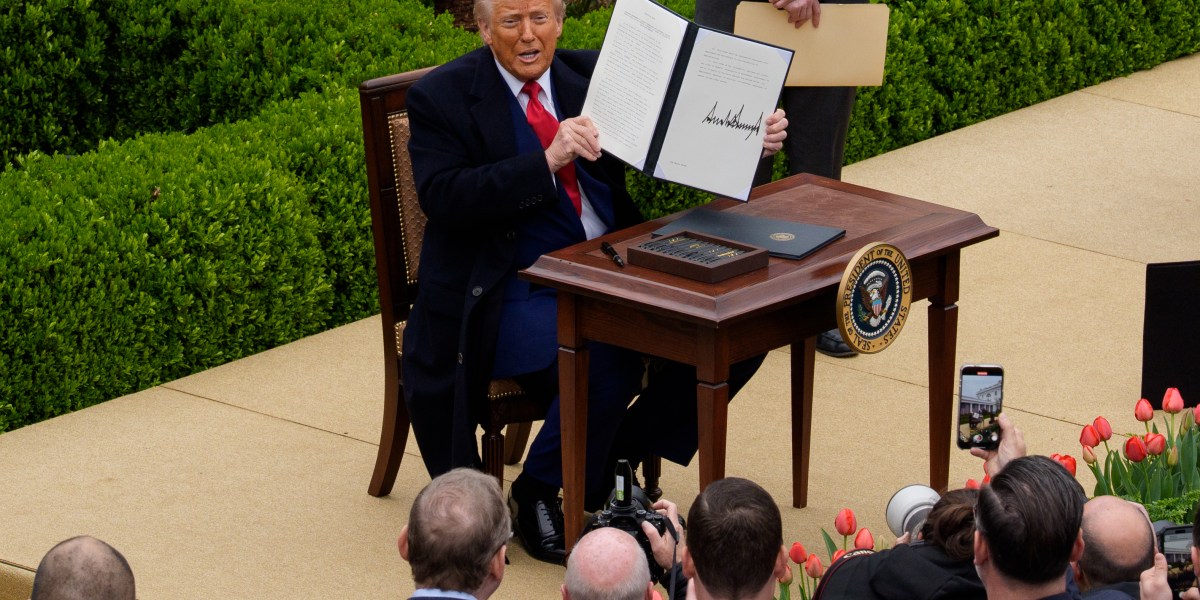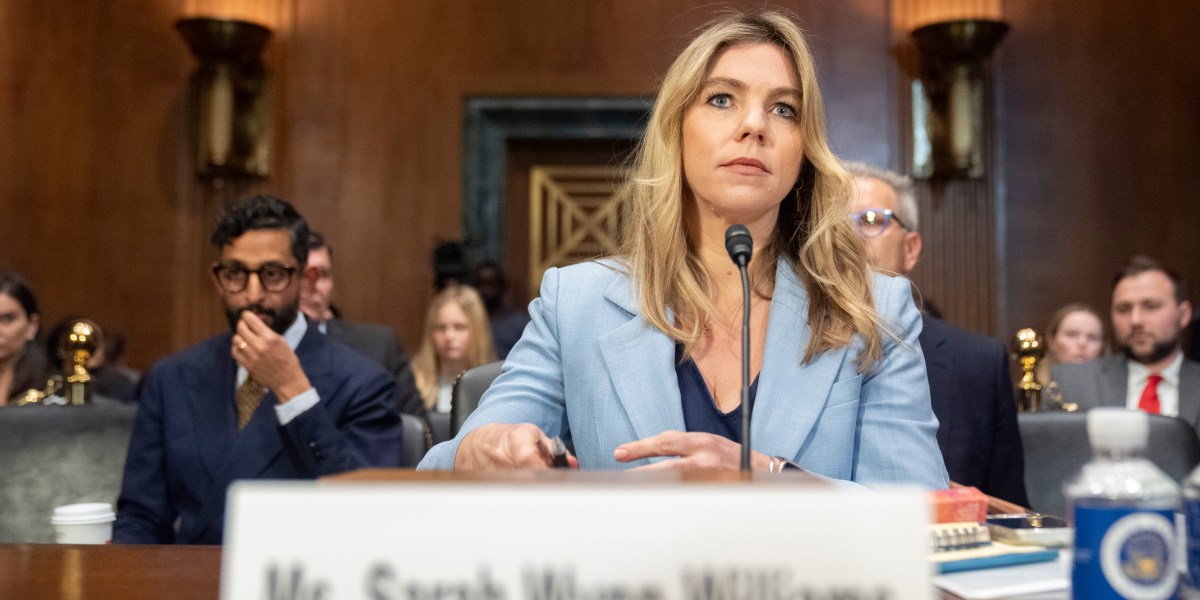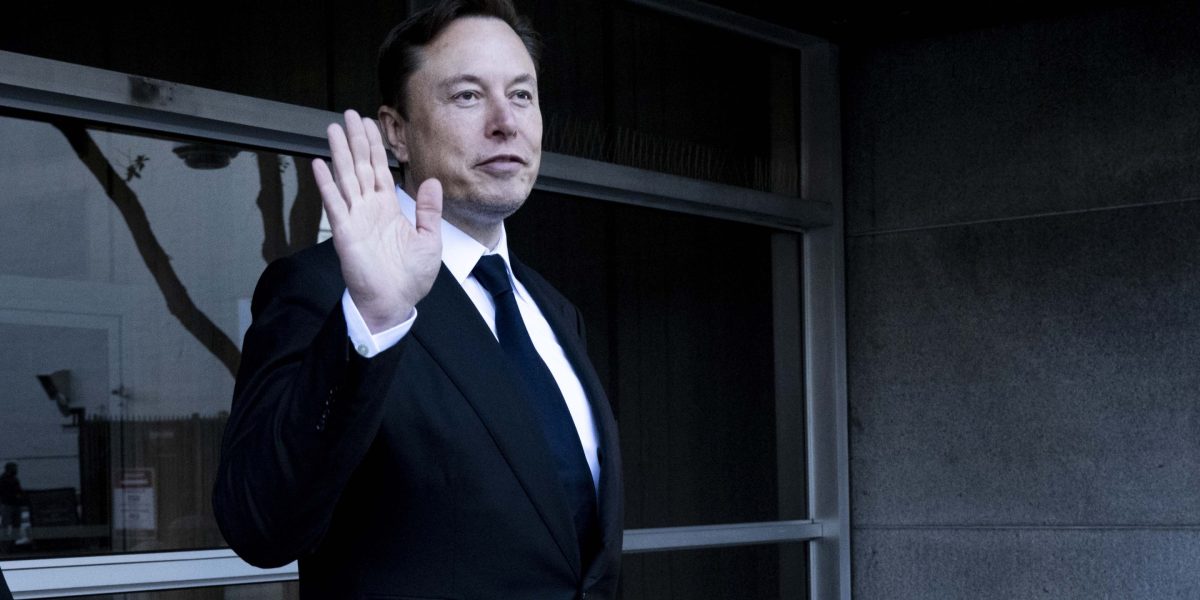In one of its last actions before President Donald Trump entered office in January, the Securities and Exchange Commission sued Elon Musk for securities violations related to his acquisition of Twitter, now known as X. Now, the top attorney on the case, Robin Andrews, has resigned from the agency, according to a LinkedIn post and a court filing. On LinkedIn, Andrews did not cite a specific reason for his decision, but described his resignation as a “heartbreaking day” that came after weeks of excruciating deliberation.
According to two people familiar with the resignation, who spoke with Fortune on the condition of anonymity to discuss the private deliberation, Andrews had expressed concerns to colleagues that the SEC, under a Trump-appointed Chair, would vote to dismiss the case or settle it for a small penalty. Those concerns were a factor in his decision to leave the agency, according to the people.
“The SEC must always be focused on protecting investors and holding violators accountable, no matter who they are,” Andrews wrote in the LinkedIn post. “Only then can the public have confidence that the securities markets are not rigged against “main street” investors in favor of the wealthy or the powerful.”
His April 4 resignation came just a few days after Musk’s Department of Government Efficiency, or DOGE, entered the SEC, and after Musk taunted the agency for its decision to bring an enforcement action. In December, Musk posted a letter on his social media platform X that he received from the agency issuing a settlement demand. “Oh Gary, how could you do this to me?” Musk wrote, referencing then-SEC chair Gary Gensler.
Andrews declined to comment. A spokesperson for the SEC did not immediately respond to a request for comment.
SEC v. Musk
Musk has had a long-standing feud with the SEC, dating back to 2018, when the agency charged Musk with securities fraud for a series of tweets about a potential transaction to take Tesla private. Musk settled the charges, agreeing to a personal $20 million penalty and to step down as the company’s chairman.
Musk’s more recent dispute with the SEC came after he acquired Twitter in 2022. The SEC launched an investigation into Musk buying a minority position in the company before the acquisition and whether he properly disclosed his position, which allegedly allowed him to pay less for shares than he would have had to with proper disclosure.
Musk and SEC lawyers fought in court over scheduling an interview, with the billionaire poking barbs at the agency on X as its enforcement action drew near. Bloomberg columnist Matt Levine wrote that the pending litigation was “not that serious a securities violation…but a very obvious violation,” describing it an “absolutely open-and-shut violation of the law.”
The SEC ultimately filed its lawsuit on Jan. 14, 2025, just days before Trump was set to take office, with Andrews listed as the lead attorney, calling for a civil penalty and disgorgement, a legal term for returning profits. Musk’s lawyers denounced the action, describing it as a “sham” after a “multiyear campaign of harassment.”
As Musk’s power in the Trump administration grew, including directing DOGE to reshape various federal agencies, the lawsuit continued to slowly progress. On March 31, the SEC and Musk jointly moved to set June 6 as the date for Musk to respond to the SEC’s complaint. Just three days before, SEC staff were informed over email that the agency would begin working with DOGE officials, though the extent of its mandate remained unknown.
Another attorney on the Musk lawsuit, Bernard Smyth, also left the agency last week, according to two people familiar with the matter.
This story was originally featured on Fortune.com
Source link


 Entertainment8 years ago
Entertainment8 years ago
 Politics8 years ago
Politics8 years ago
 Entertainment8 years ago
Entertainment8 years ago
 Entertainment8 years ago
Entertainment8 years ago
 Tech8 years ago
Tech8 years ago
 Tech8 years ago
Tech8 years ago
 Tech8 years ago
Tech8 years ago
 Politics8 years ago
Politics8 years ago






